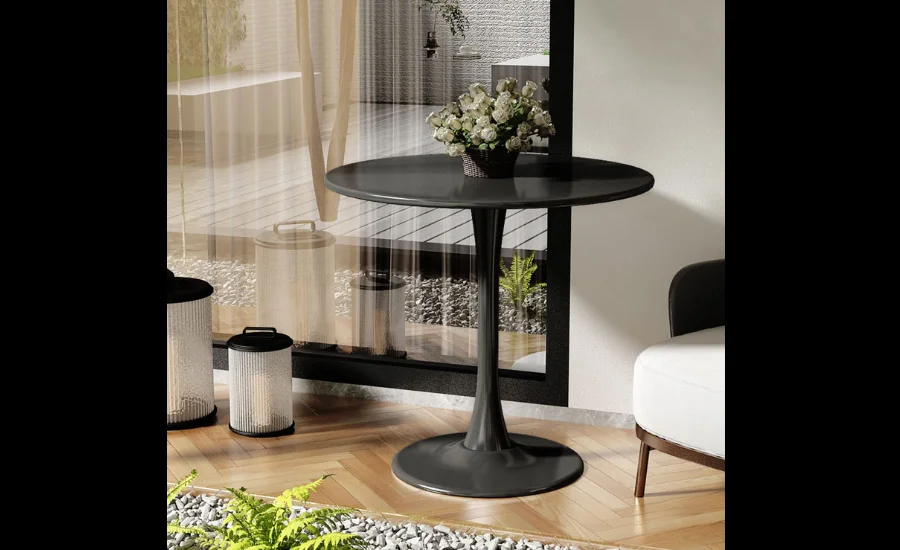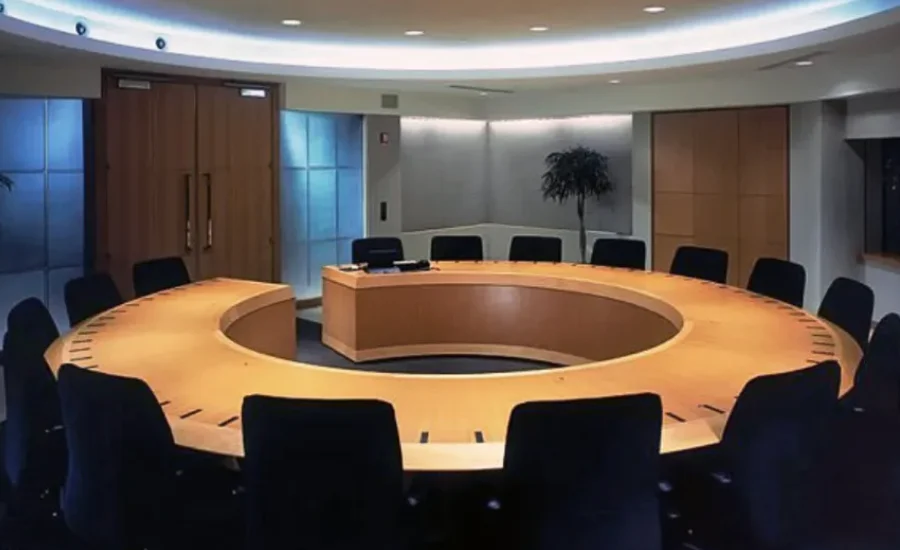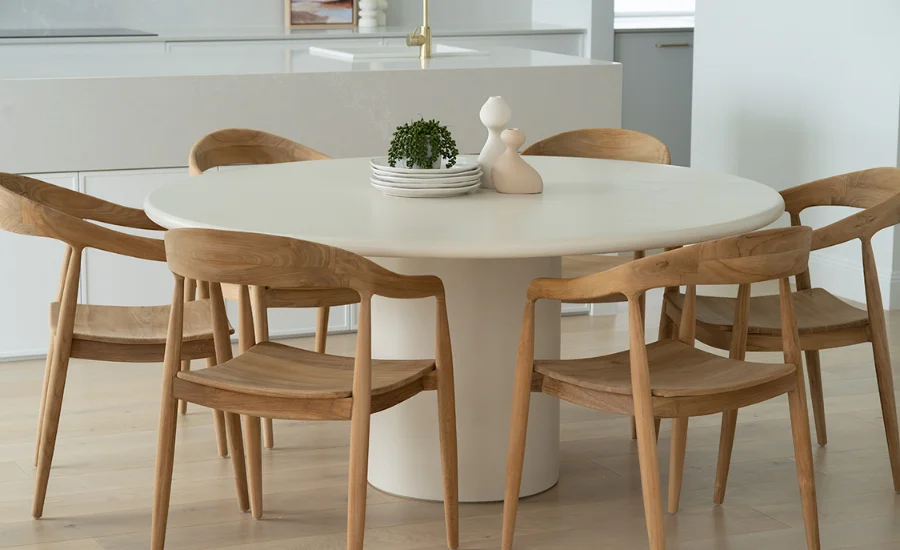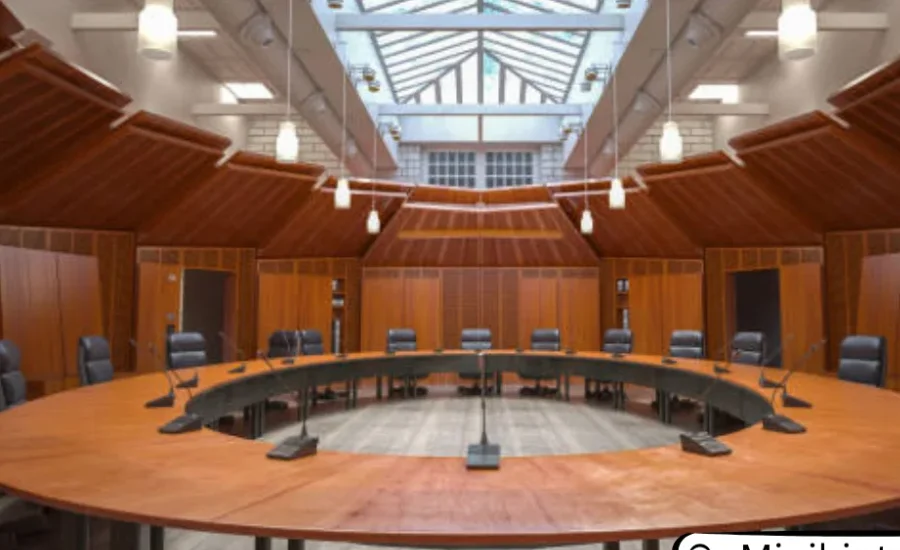Beekeeping plays a fundamental role in both agriculture and the preservation of biodiversity. Yet, as the challenges of contemporary apiculture evolve, beekeepers need to collaborate and share knowledge in order to address these issues effectively. One such initiative helping to bridge these gaps is the Round Table NWBKA, organized by the North West Beekeepers Association.
The Round Table NWBKA serves as a vital hub for beekeepers to come together and share their experiences. It offers a space where apiarists can learn from one another, discuss emerging challenges, and brainstorm solutions that can be applied across various regions. This collective approach enables beekeepers to stay ahead of the curve in adapting to changing environments and advancing sustainable practices.
By encouraging open dialogue and offering expert-led discussions, the Round Table NWBKA empowers beekeepers to take charge of their practices. It helps them understand the latest research, discover new techniques, and adopt strategies that promote healthier hives and better pollination outcomes. With a global network of apiarists, this platform plays a pivotal role in advancing the future of beekeeping.
The Round Table: A Vital Forum for Beekeepers
Beekeeping is a practice that has long been essential to agriculture and biodiversity. As the world faces new challenges, including environmental changes and colony diseases, the need for innovative solutions and collaboration among beekeepers is stronger than ever. The Round Table NWBKA, a key initiative of the North West Beekeepers Association, serves as an invaluable platform for beekeepers to come together, share knowledge, and tackle these pressing issues. This forum provides the opportunity for beekeepers of all levels to connect, discuss new developments, and create meaningful solutions to improve the craft of apiculture.
The Core Mission of the Round Table NWBKA

At the heart of the Round Table NWBKA lies the belief in the power of collective action and collaboration. The forum’s mission is to advance beekeeping practices by creating an inclusive space where members can discuss both the challenges they face and the solutions they have found. Whether a hobbyist beekeeper or a seasoned professional, the Round Table strives to ensure that every participant has the opportunity to learn, contribute, and grow within the beekeeping community.
The initiative aims to bring beekeepers together to exchange traditional and modern practices, tackle common challenges, and promote environmentally friendly beekeeping methods. By focusing on inclusivity and innovation, the Round Table NWBKA has become a driving force in enhancing the sustainability and health of beekeeping practices around the world.
Knowledge Sharing: A Pillar of Success in Beekeeping
In the ever-evolving world of beekeeping, knowledge is power. The Round Table NWBKA offers a vital platform for the exchange of ideas, techniques, and research among beekeepers. These shared insights help ensure that individuals stay informed about the latest trends and advancements in the field, allowing them to adapt to new challenges and opportunities.
One of the significant challenges faced by modern beekeepers is the depletion of forage resources, which is exacerbated by urbanization and intensive agriculture. The Round Table provides an opportunity for participants to discuss these issues, learn from each other’s experiences, and brainstorm innovative solutions to address the decline in food sources for bees. In doing so, the forum promotes the resilience and long-term health of bee populations, benefiting both the environment and agricultural productivity.
Driving Innovation in Beekeeping
Innovation is at the forefront of every Round Table discussion. Beekeepers gather to explore cutting-edge research and techniques designed to improve hive management, enhance bee health, and increase pollination efficiency. For instance, the Round Table sessions often feature the latest advancements in hive monitoring technology, including tools that allow beekeepers to track conditions within hives in real time.
Additionally, the Round Table NWBKA serves as a space for discussing novel methods for controlling bee diseases, such as varroa mites, and integrating natural remedies into hive management practices. These discussions empower beekeepers with the knowledge and tools they need to manage their colonies more effectively, resulting in healthier bees and stronger hives.
The Key Topics Discussed at the Round Table
The Round Table NWBKA is a hub of learning and knowledge exchange, where various core topics are regularly discussed. Among the most crucial are bee health and disease management, sustainable practices, and pollination support. By focusing on these critical areas, the forum ensures that beekeepers are equipped with the latest information to safeguard the well-being of their colonies and the broader ecosystem.
Bee Health and Disease Management

Bee health is one of the Round Table’s primary focuses. Discussions around this topic typically cover strategies for managing pests and diseases that threaten hive integrity, such as varroa mites, small hive beetles, and foulbrood. Beekeepers exchange strategies on pest control and preventive measures, including integrated pest management (IPM) techniques and the use of organic treatments. By addressing these issues collaboratively, participants gain insights into effective practices and new developments in disease management.
Sustainable Practices in Beekeeping
Sustainability is a cornerstone of the Round Table’s mission. As the world faces increasing environmental pressures, it is crucial that beekeeping practices minimize harm to the planet while promoting the health and productivity of hives. During Round Table sessions, beekeepers share sustainable practices that include reducing the carbon footprint of apiary operations, incorporating native plants and wildflowers to improve forage availability, and utilizing eco-friendly materials in hive construction. These discussions help ensure that beekeepers are part of the solution to global environmental challenges.
Supporting Pollination and Ecosystem Health
Pollination is a critical function of bees, and their role extends far beyond honey production. The Round Table often hosts discussions on how beekeepers can support pollination efforts in agricultural and urban environments. Strategies are explored for creating bee-friendly habitats, collaborating with local communities to establish pollinator corridors, and working with farmers to enhance pollination in crops. By working together, beekeepers can help restore and protect ecosystems that are vital for both agricultural success and biodiversity.
The Benefits of Joining the Round Table NWBKA
The Round Table NWBKA offers numerous advantages to those involved in the beekeeping community. One of the most valuable benefits is the opportunity to connect with fellow beekeepers, researchers, and experts from across the globe. By participating in the Round Table, members can build relationships, exchange ideas, and gain support from those who share their passion for bees and beekeeping.
Access to Expert Knowledge

Regular guest speakers, including entomologists, agricultural scientists, and environmentalists, provide attendees with the latest research and insights into bee behavior, farming practices, and environmental policies. These experts help inform discussions on emerging trends and challenges, ensuring that members stay at the forefront of the industry.
Hands-On Workshops for Practical Learning
In addition to expert presentations, the Round Table NWBKA offers practical, hands-on workshops. These workshops are designed to teach beekeepers advanced techniques in hive inspection, honey harvesting, and the use of modern tools for hive management. By participating in these interactive sessions, beekeepers can develop new skills and apply what they learn directly to their apiaries.
Real-Life Success Stories from the Round Table NWBKA
The Round Table NWBKA has been a catalyst for positive change in the beekeeping community, with several success stories emerging from its discussions and collaborative efforts. One such success involves the effective management of varroa mites, a major threat to bee populations. During a recent session, participants shared their experiences with integrated pest management techniques, including the use of drone comb trapping and powdered sugar dusting, which yielded positive results for many beekeepers.
Another success story is the growing trend of urban beekeeping. While urban environments pose unique challenges, such as limited space and public perception, the Round Table has helped urban beekeepers overcome these hurdles by sharing tips on hive placement, maintenance, and community outreach. Through these efforts, urban beekeeping has become a more viable and valuable practice, contributing to higher pollination rates in city parks and gardens.
Looking Ahead: The Future of the Round Table NWBKA
As the beekeeping industry continues to evolve, so too does the vision of the Round Table NWBKA. The organization is committed to staying at the forefront of beekeeping innovation, with plans to expand its reach through virtual sessions and international collaborations. Topics to anticipate in future discussions include smart hive technology, climate change adaptation strategies, and queen rearing techniques.
Embracing New Technologies and Approaches
The future of beekeeping is deeply intertwined with technological advancements. The Round Table NWBKA is dedicated to exploring new technologies, such as sensors and mobile apps, that monitor hive conditions in real time. These tools allow beekeepers to make data-driven decisions, improving hive health and productivity. In addition, discussions around climate change will be a key focus, with strategies aimed at helping bees adapt to extreme weather events and shifting environmental conditions.
Expanding Accessibility and Involvement

To ensure that the Round Table NWBKA remains inclusive, the association plans to introduce virtual meetings, allowing beekeepers from around the world to participate and engage with the community. These virtual sessions will open the door to even more beekeepers, fostering a truly global exchange of ideas and experiences.
How to Get Involved in the Round Table NWBKA
Becoming a member of the North West Beekeepers Association is the first step toward joining the Round Table NWBKA. Membership offers numerous benefits, including access to exclusive events, discounts on supplies, and networking opportunities with local and international beekeepers. Prospective members can sign up through the official NWBKA website, choosing from individual or family membership options. The association also welcomes schools and organizations interested in promoting the art and science of beekeeping.
A Community of Beekeepers Supporting Each Other
The Round Table NWBKA is more than just a forum for discussion—it’s a vibrant community where beekeepers come together to share knowledge, address challenges, and support one another. Testimonials from members highlight the value of this collaboration, with many noting how the Round Table has transformed the way they manage their hives and approach beekeeping as a whole.
Final Words
The Round Table NWBKA plays a crucial role in connecting beekeepers and fostering collaboration to address the evolving challenges of modern apiculture. By offering a space for knowledge exchange, the forum empowers beekeepers to stay informed, adopt new techniques, and tackle issues such as bee health, sustainability, and pollination support. Through expert-led discussions and hands-on workshops, participants gain valuable insights into improving hive management and enhancing bee health. The Round Table also encourages innovation, with a focus on technology and sustainable practices that benefit both the environment and agricultural productivity. As the beekeeping community grows, the Round Table remains a vital resource for advancing the craft and ensuring the long-term health of bee populations. Joining the Round Table NWBKA provides beekeepers with access to a global network, expert advice, and practical learning opportunities, creating a supportive environment for growth and success.
FAQs
1. What is the Round Table NWBKA?
The Round Table NWBKA is a forum organized by the North West Beekeepers Association, where beekeepers from various backgrounds gather to share knowledge, discuss challenges, and find solutions to improve their practices.
2. Who can join the Round Table NWBKA?
Beekeepers of all experience levels, including hobbyists, professionals, and those new to beekeeping, are welcome to join and participate in the discussions and workshops.
3. What topics are discussed at the Round Table NWBKA?
Common topics include bee health, disease management, sustainable beekeeping practices, pollination support, and innovations in hive management techniques.
4. How does the Round Table promote sustainable beekeeping?
The Round Table encourages practices that minimize environmental impact, such as using biodegradable materials, promoting native plants for forage, and reducing the carbon footprint of apiaries.
5. Can I attend Round Table sessions virtually?
Yes, the Round Table NWBKA plans to introduce virtual sessions to allow beekeepers from around the world to participate and contribute to the discussions.
6. What are the benefits of attending Round Table NWBKA workshops?
Workshops provide hands-on learning experiences, where beekeepers can gain practical skills, such as hive inspection, honey harvesting, and using modern tools for hive management.
7. How does the Round Table help with bee health management?
The Round Table features discussions on pest control, disease prevention, and natural remedies, helping beekeepers address common threats like varroa mites and foulbrood.
8. Are there networking opportunities at the Round Table NWBKA?
Yes, the Round Table offers valuable networking opportunities, allowing beekeepers to connect with experts, researchers, and fellow apiarists from around the world.
9. How can I become a member of the NWBKA?
You can become a member of the North West Beekeepers Association by signing up through their official website, where you can choose from individual, family, or organizational memberships.
10. What is the future of the Round Table NWBKA?
The Round Table aims to stay ahead of emerging trends in beekeeping, with plans for expanding access to virtual sessions, incorporating new technologies, and fostering global collaborations to tackle challenges facing the beekeeping community.
For exclusive beekeeping insights and expert tips, don’t miss out on Discover Outlooks Round Table NWBKA.
